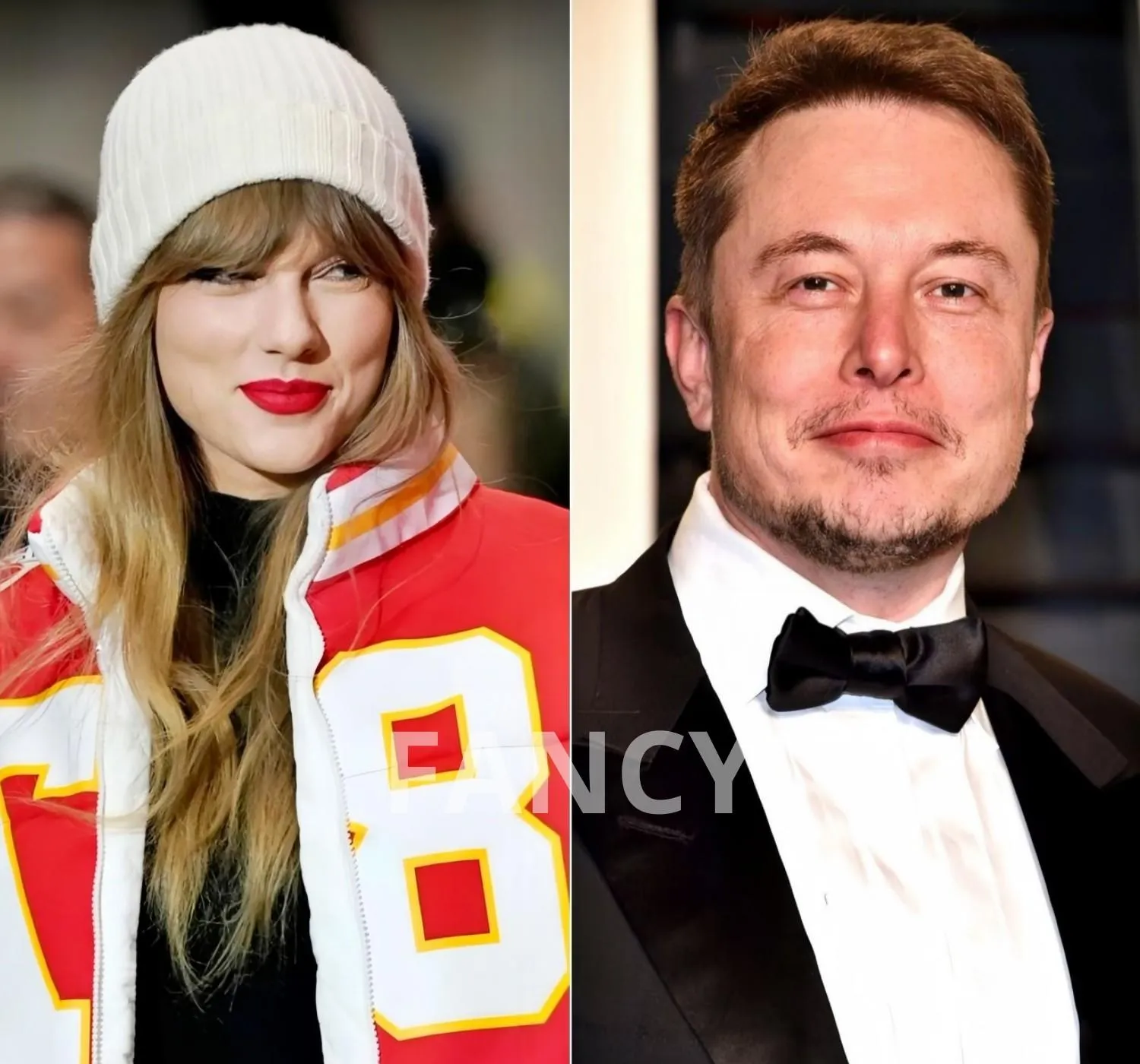
Elon Musk, the billionaire entrepreneur and CEO of companies like Tesla, SpaceX, and X (formerly Twitter), has once again ignited a heated debate. This time, his remarks revolve around a topic that has stirred controversy worldwide: the inclusion of transgender women, or biological men, in women’s sports. Musk’s outspoken nature has made him a polarizing figure in many arenas, and his recent statement urging a boycott of this practice has only amplified his presence in the cultural discourse.
Musk’s comments surfaced during a discussion on social media, where he has often used his platform to express unfiltered views. He argued that allowing transgender athletes to compete in women’s sports undermines the integrity of the competition and puts biological women at a disadvantage. In his view, this policy creates an uneven playing field, with Musk stating that “fairness” and “biology” should be the cornerstones of sports, especially those that segregate based on gender.
The backlash was swift and intense. Critics accused Musk of being transphobic, insensitive, and uninformed. LGBTQ+ advocates emphasized that Musk’s framing of the issue neglects the nuances of gender identity and the struggles faced by transgender individuals. Many argued that his comments perpetuate harmful stereotypes and contribute to the marginalization of an already vulnerable group.

However, Musk also garnered a wave of support. His followers, as well as some prominent athletes and commentators, echoed his sentiment, arguing that his stance protects the rights of biological women to compete on a fair and equal footing. They pointed to cases where transgender athletes have dominated in certain sports, claiming it as evidence that current policies fail to balance inclusivity and competitive fairness. Musk’s supporters view him as a voice of reason willing to challenge societal norms that they perceive as overly accommodating.
This debate is far from new. The inclusion of transgender athletes in sports has been a contentious topic for years, with organizations and governing bodies grappling to find solutions. The International Olympic Committee (IOC) and other sports federations have implemented policies requiring transgender women to meet specific hormone-level thresholds to compete. Yet, critics like Musk argue that these measures don’t adequately address the biological differences in muscle mass, bone density, and other physical attributes developed during male puberty.
What makes Musk’s involvement particularly significant is the scale of his influence. With over 150 million followers on X and a reputation as one of the world’s most prominent tech leaders, Musk’s voice carries substantial weight. His statements often ripple beyond his immediate circle, sparking widespread discussions that transcend the issue at hand. While some view him as a provocateur who thrives on controversy, others see him as a catalyst for necessary debates.
Amid the uproar, prominent athletes have also weighed in. Tennis legend Martina Navratilova, who has long advocated for a reconsideration of transgender policies in sports, expressed agreement with Musk. She reiterated her belief that women’s sports need protection to ensure fair competition. Conversely, Olympic gold medalist and transgender advocate Caitlyn Jenner criticized Musk’s comments, suggesting that his approach lacked empathy and understanding of the complexities involved.

Musk’s remarks also reflect broader societal divides. On one hand, there is a growing push for inclusivity, recognition, and equal rights for transgender individuals. On the other, there is a counter-movement advocating for policies that prioritize biological distinctions, particularly in areas like sports, prisons, and healthcare. This ideological clash has led to fiery debates, legislative battles, and, in some cases, outright culture wars.
For Musk, this is not the first time he has ventured into polarizing territory. Whether it’s his views on artificial intelligence, climate change, or free speech, Musk is no stranger to controversy. Critics argue that his penchant for stirring debates often oversimplifies complex issues, reducing them to soundbites that fuel division. His supporters, however, view him as a disruptor who challenges societal taboos and inspires critical thinking.
In the wake of his comments, calls to boycott or support Musk’s businesses have emerged, reflecting the intensity of the issue. Some consumers are using social media to announce their intentions to stop buying Tesla vehicles or canceling their X subscriptions. Meanwhile, others are rallying behind Musk, praising him for “standing up for women’s rights” and refusing to bow to political correctness.
The controversy underscores the broader challenges society faces in reconciling fairness, inclusivity, and individual rights. As technology continues to intersect with culture, figures like Musk wield unprecedented influence over these discussions. Whether his comments will lead to meaningful policy changes or simply add to the polarization remains to be seen.
What’s clear, however, is that Elon Musk has once again positioned himself at the center of a contentious debate. By leveraging his massive platform to address such a divisive topic, Musk has ensured that his voice will be heard—whether for better or worse. As the dust settles, the conversation around transgender athletes, women’s sports, and fairness in competition will undoubtedly continue to evolve, with Musk’s statements serving as a flashpoint in an already fiery dialogue.



